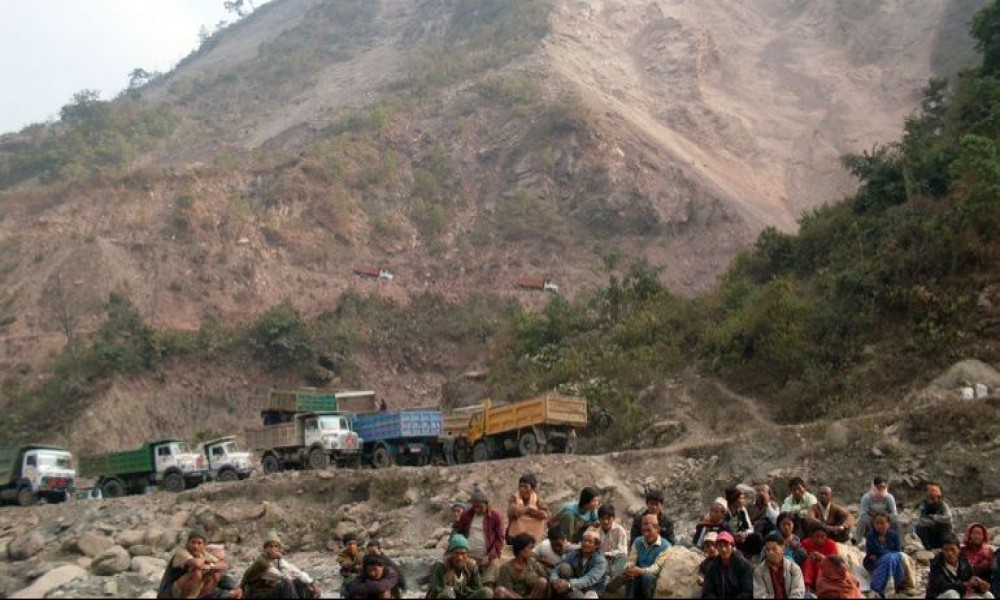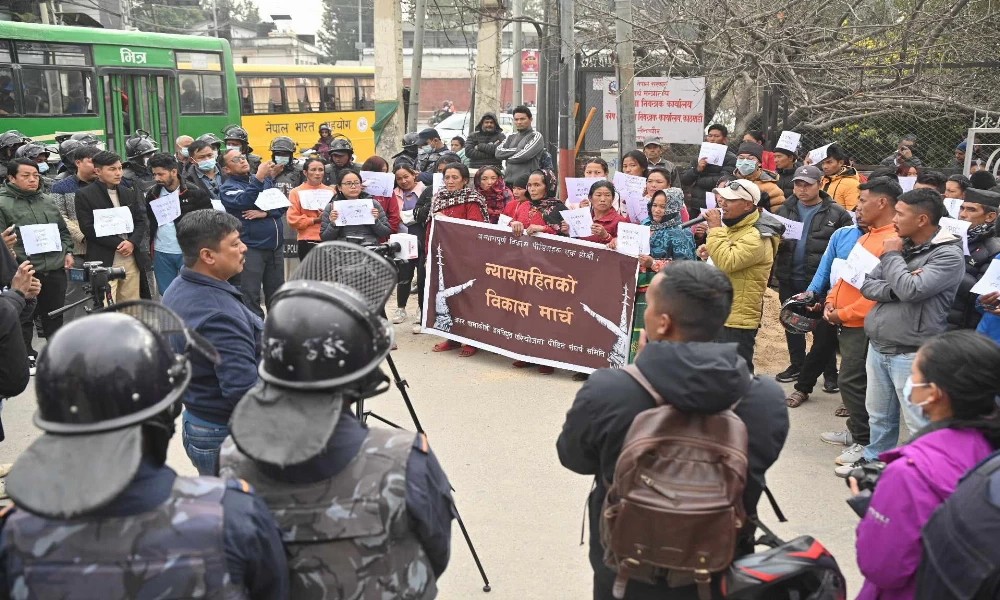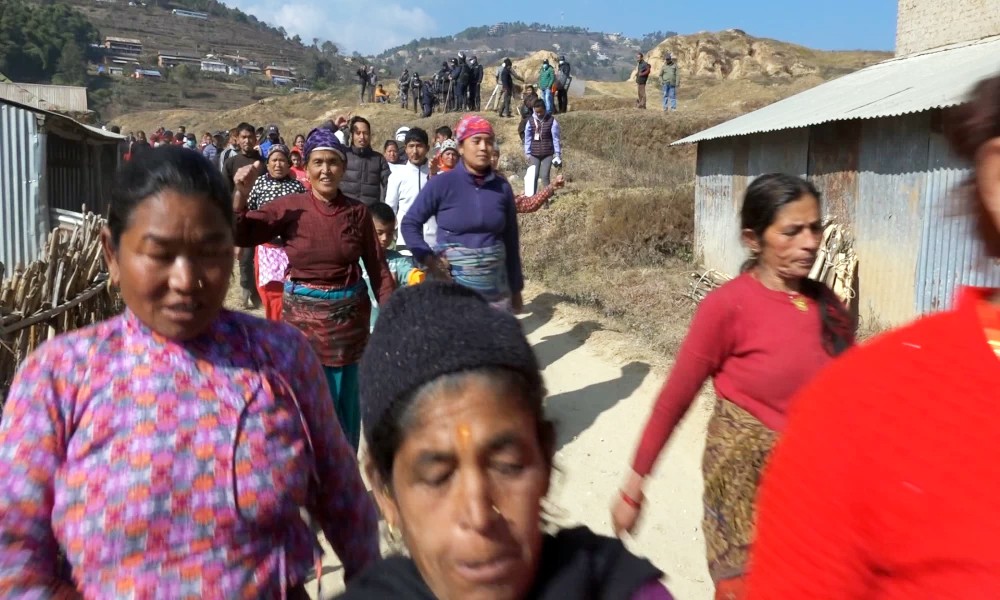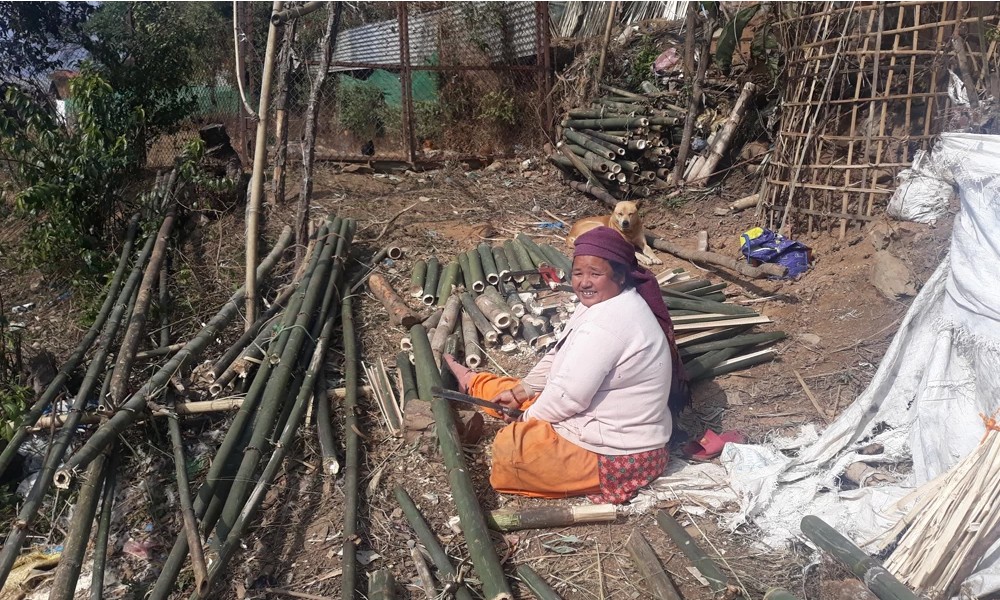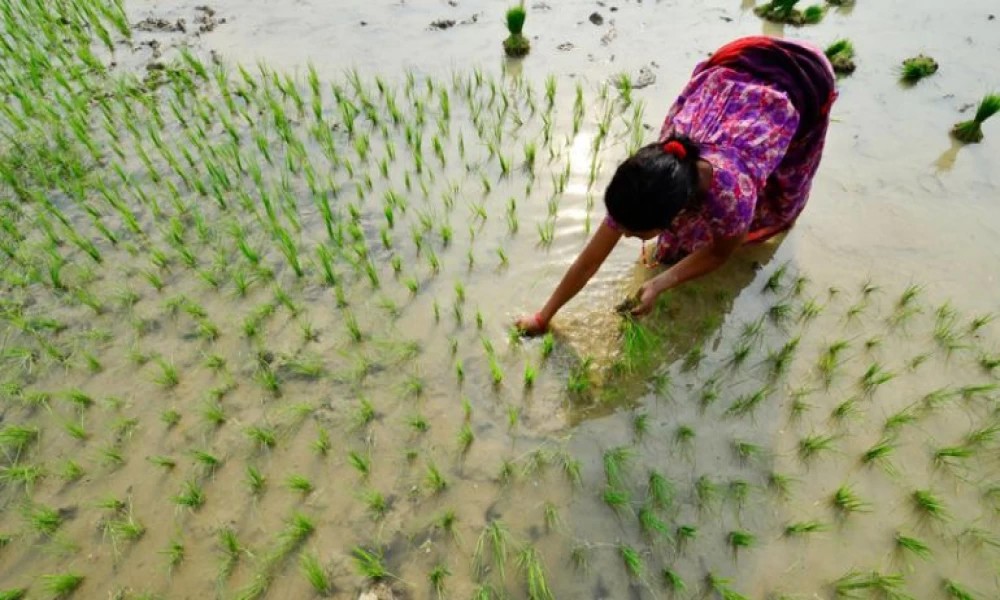After a prolonged political transition, Nepal is now ruled by a strong communist government that has promised to deliver development. But the country's indigenous rights activists have expressed their dissatisfaction with the way the state is engineering the development process.
Advocate Shankar Limbu, Secretary of the Lawyers' Association for Human Rights of Indigenous Peoples (LAHURNIP), says the Adivasi Janajati have little access to education, health, employment, land and natural resources, but the state is indifferent to their exclusion from the development process.
Limbu says: "We want equal human development and the proportional distribution of natural resources, but the state's policies aim to entrench the ruling caste's domination over everything".
He adds: "Even if the state just introduces laws and policies in tune with the commitments it has made on international forums as well as the conventions ratified by it, Adivasi Janajati will feel included in the development process".
We want equal human development and the proportional distribution of natural resources, but the state's policies aim to entrench the ruling caste's domination over everything.
On 22 August 2007, Nepal's parliament had endorsed the ILO convention 169, which recognises the aspirations of indigenous peoples to exercise control over their institutions, ways of life and economic development within the framework of the states in which they live. Nepal has also signed the UN declaration on the rights of indigenous peoples. Nevertheless, Nepal seems indifferent to respecting these international legal instruments.
Krishna Hachhethu, a professor at the Tribhuvan University, says Nepal's development model is imbalanced and exclusionary because of the domination of the ruling elite class.
Hachhethu adds: "Nepal is yet to get a political leadership that understands the development aspirations of Adivasi Janajati. Political leaders position themselves as the champions of indigenous rights while in the opposition, but they turn their back to us once they are elected to power.
Eminent sociologist Dr Krishna Bhattachan cannot agree more. He says: "The state has always imposed its policies over Adivasi Janajati without diligently consulting them and addressing their concerns in development. Nepali politicians of all colours and creeds treat us in the same way. They never intend to pass laws in tune with the very international conventions that they have signed".
Dr Chaitanya Subba, former member of National Planning Commission (NPC), expresses the same view. The state is unable to understand indigenous people's concerns, which makes the whole development process hollow. He says: "Adivasi Janajati make up a significant part of Nepal's population. Even so, they have always been neglected by the State while planning development plans and programs".
Adivasi Janajati make up a significant part of Nepal's population. Even so, they have always been neglected by the State while planning development plans and programs.
LAHURNIP's vice president Dinesh Ghale says the development model adopted by the government is not participatory, which could create conflict in the future. He says: "To avoid future conflicts, they need to be consulted and taken into confidence".
However, National Foundation for Development of Indigenous People (NFDIN)'s Vice President Chandra Bahadur Gurung has a different take on the issue. He says the indigenous communities themselves need to be aware and active to be included in the development process.
Bishnu Prasad Chaudhary, President of the Tharu Commission, agrees that the state's development modality is not participatory, but he says it is very much possible to address indigenous people's grievances with the framework of the Constitution.
Indigenous Feature Service



